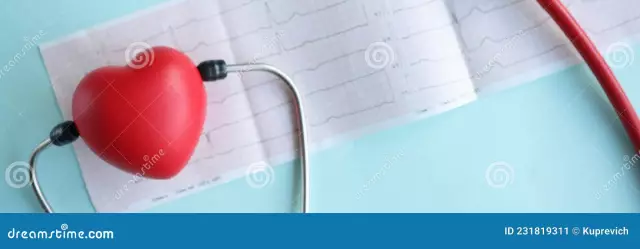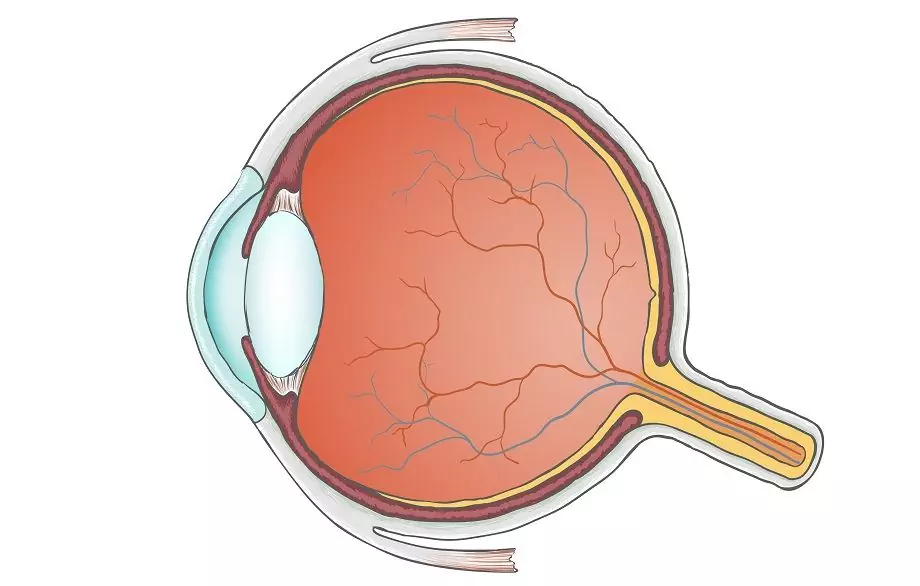- Author Rachel Wainwright wainwright@abchealthonline.com.
- Public 2023-12-15 07:39.
- Last modified 2025-11-02 20:14.
About cardiology

The word "cardiology" comes from two Greek words - kardia (heart) and logos (teaching). This branch of medicine studies the structure and function of the heart, the causes of diseases of the cardiovascular system, the mechanisms of their development, clinical manifestations of diseases, methods of diagnosing ailments and methods of their treatment. In addition, pediatric and adult cardiology deals with the prevention of diseases and the rehabilitation of patients with various vascular and cardiac lesions.
At the moment, cardiology is one of the most important areas of clinical medicine. This is due to the fact that every year millions of people die from diseases of the cardiovascular system, and as many more become disabled, and heart diseases do not spare either the elderly or young people, equally often affecting men, women and children. This is partly why in recent years pediatric cardiology has transformed from a purely medical problem into an important social health problem, which should be dealt with not only by doctors, but also by the state. The latter is undoubtedly interested in maintaining the working capacity of the population and its health, therefore, the governments of all developed countries are actively considering programs aimed at combating and preventing pathologies and defects of the cardiovascular system.
The main task of cardiology is to identify heart diseases in time, to treat them and take care of the rehabilitation of patients. For this, the most modern methods and technologies are used: phonocardiography, electrocardiography, probing of cardiac cavities, angiocardiography, ultrasound examinations and X-ray methods. The effectiveness of diagnostic and therapeutic procedures is growing every year. This gives us hope that someday cardiology will be able not only to treat already existing ailments, but also to prevent their occurrence in the early stages of development.
Found a mistake in the text? Select it and press Ctrl + Enter.






